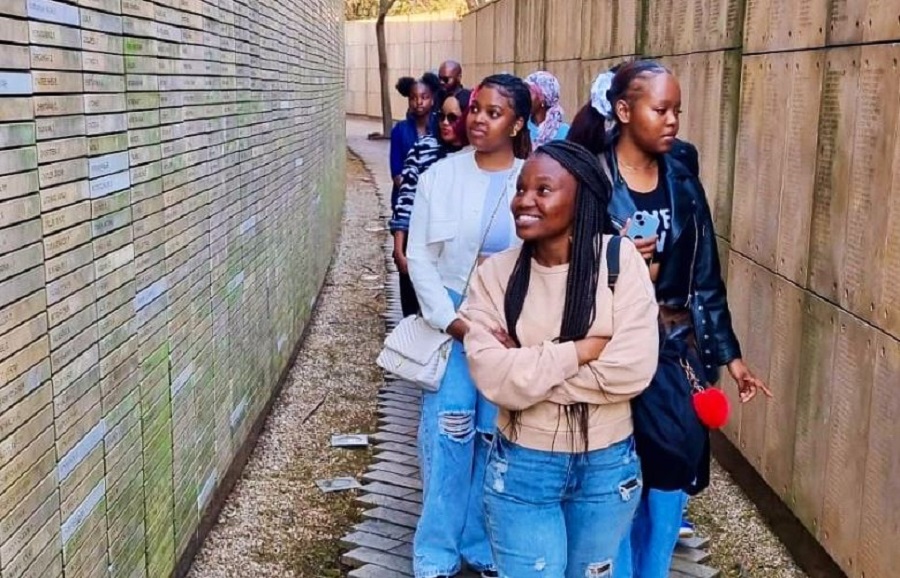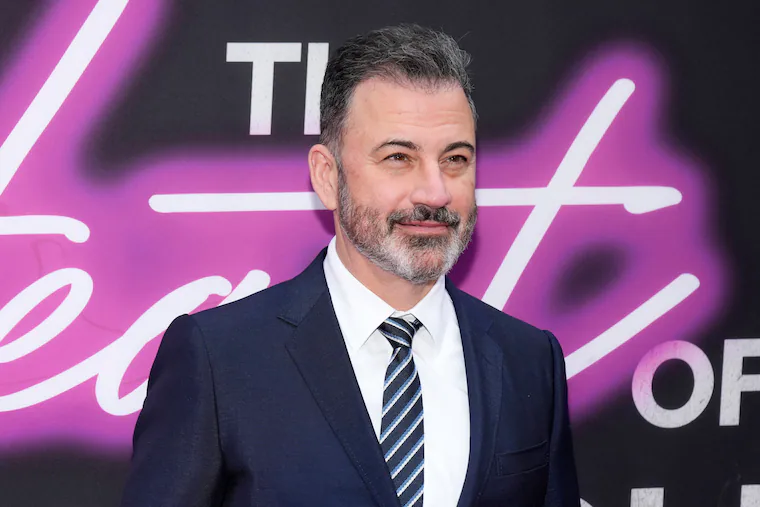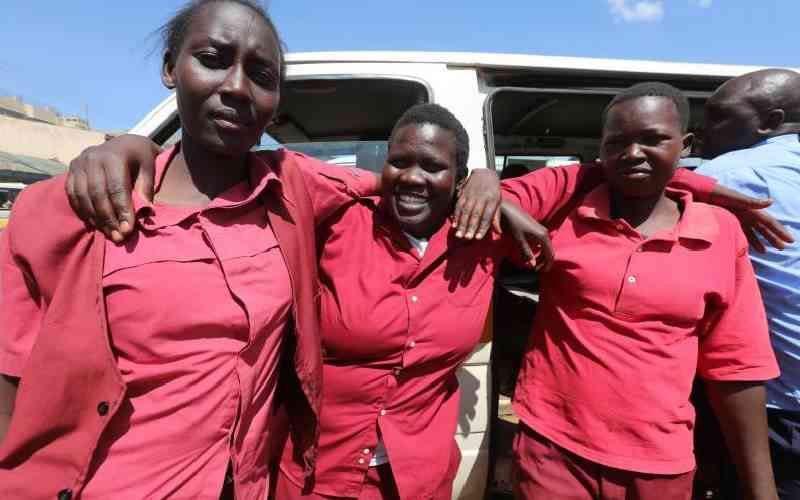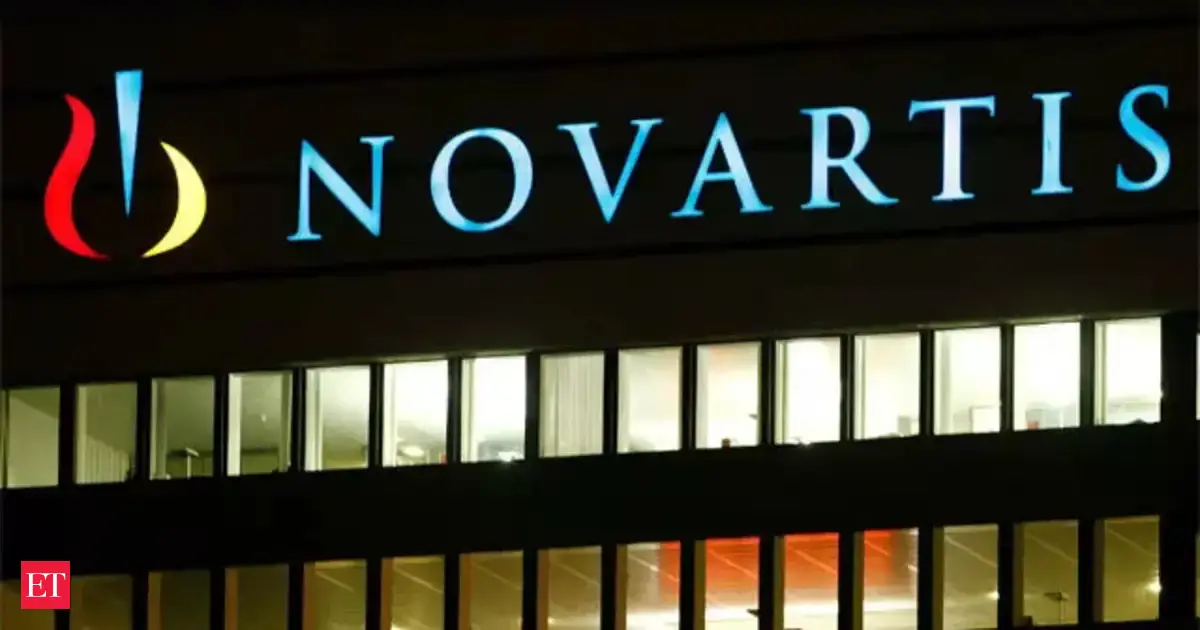By Dr Jane Mufamadi
Copyright sabcnews

South Africa remains a country that captures the world’s imagination. Our journey, with all its contradictions, continues to fascinate, inspire, and at times, confuse. Too often, outsiders and even we ourselves focus narrowly on our struggles, missing the deeper narrative of resilience, creativity, and hope that has carried us to this point.
Heritage is a powerful lens through which to understand this journey. It reminds us of where we have come from, and it challenges us to consider what kind of future we are building. Heritage is more than statues and memorials. It lives in our languages, in our traditions, in the ways we mourn and celebrate, in our music, rituals, and even in the silences we carry. It is both memory and responsibility.
Undeniable injustices scar our past. Colonialism and apartheid systematically dispossessed, segregated, and excluded millions. Families were uprooted, livelihoods destroyed, and dignity denied. These are not distant memories but living wounds that shape our present realities. Yet heritage also tells another story: of resilience and creativity, of communities that kept alive their culture, faith, and solidarity even in the face of overwhelming oppression. The songs sung in defiance, the oral traditions passed down, the rituals that gave strength — these, too, are heritage.
What is remarkable, and often overlooked, is the choice South Africans made at a pivotal moment in our history. In the early 1990s, as our country teetered on the brink of civil war, anger and vengeance could easily have consumed us. Instead, we chose reconciliation. We chose to enshrine dignity, equality, and justice in our Constitution. We declared that diversity would not be a weakness, but a strength. This decision did not erase the legacy of inequality, nor did it dissolve the scars of the past. But it offered us a compass — a vision of the kind of nation we aspired to build.
Three decades into democracy, we can acknowledge progress without denying challenges. Millions now enjoy rights, freedoms, and opportunities once unthinkable. Access to education, healthcare, housing, and basic services has expanded. Democratic institutions, though tested, have held firm. These achievements should not be taken lightly. They reflect a collective determination to build a society that affirms the humanity of all its people.
At the same time, we must confront the unfinished business of our democracy. Poverty, unemployment, and inequality remain stubborn and pervasive. Racial and social divides, though dismantled in law, persist in daily life. For many, freedom feels incomplete when economic exclusion continues to shape opportunity. These realities demand honesty, courage, and commitment.
Yet, this ongoing struggle is itself part of our heritage. South Africans have always been a people of dialogue, of contestation, of problem-solving in the face of adversity. Heritage is not only the memory of what has been, but also the living practice of shaping what can be. It challenges us to keep striving, to resist despair, and to imagine boldly.
To reflect on heritage is also to ask: what legacy are we creating for the generations who will follow us? Will they inherit only the scars of our divisions, or will they inherit the fruits of our efforts to build a just and inclusive society? Heritage is not a static inheritance; it is a work in progress. It is carried forward in classrooms where young people debate identity, in communities where traditions are reinterpreted, and in digital spaces where youth invent new ways of expressing who they are.
This is why heritage must never be confined to monuments of stone. It lives in the everyday choices we make — in how we treat one another, how we bridge differences, and how we honour the sacrifices of those who came before us by ensuring that their struggles were not in vain. Heritage is a mirror, reminding us of our past, but it is also a lamp, lighting the way forward.
South Africa’s story is not one of failure. It is a story that is still unfolding — one of courage, endurance, and possibility. It is a reminder that even in the face of hardship, we carry within us the seeds of hope and the vision of a society more inclusive, more just, and more humane.
As we commemorate Heritage Month, let us remember where we come from, not to be trapped by the weight of history, but to be guided by it. Let us envision what we can become, drawing on the richness of our cultures, the strength of our resilience, and the promise of our Constitution. Our heritage is not only about what we inherit; it is about what we choose to build together.
The story of South Africa is still being written. And it is ours — collectively — to shape
Dr Jane Mufamadi is the CEO of Freedom Park



